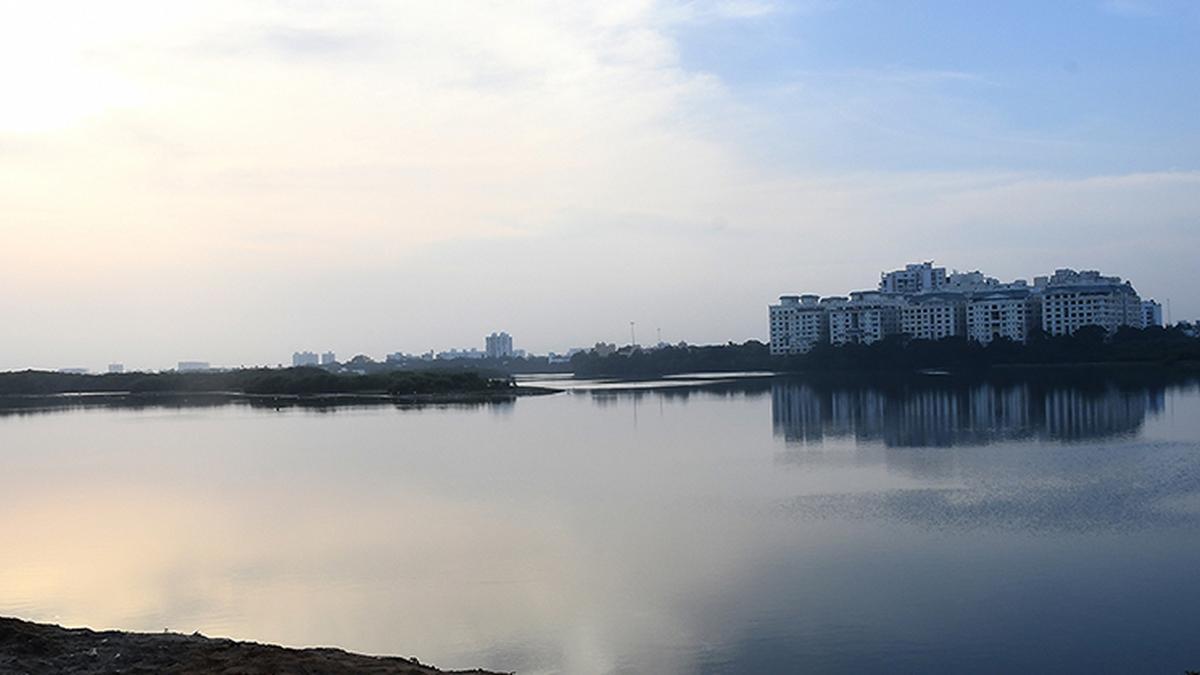
TNPCB finds no ‘forever chemicals’ in waterbodies, contradicting IIT-M report
The Hindu
TNPCB finds no PFAS in Chennai water, contradicting IIT-M study; highlights other pollutants and industrial contributions to pollution.
The Tamil Nadu Pollution Control Board (TNPCB) has found no significant presence of PFAS (per- and polyfluoroalkyl substances) in Chennai’s water sources, contradicting a study by IIT-M reporting alarming levels of these chemicals.
PFAS are synthetic chemicals that do not break down easily in the environment and can accumulate over time. They are found in products like non-stick cookware, water-resistant clothing, and food packaging, and have been linked to health issues such as liver damage, hormonal imbalances, and cancer.
Last year, IIT-M researchers reported widespread PFAS contamination in the city’s waterbodies, including Buckingham Canal, Adyar River, and Chembarambakkam Lake. The study found high PFAS levels, with groundwater near Perungudi dumpyard reaching 136.274 ng/L — significantly exceeding U.S. EPA health advisory levels by thousands of times.
In its report submitted to the National Green Tribunal, the TNPCB stated that samples from 30 locations along the Adyar River and Buckingham Canal showed PFAS levels “Below Limit of Quantification,” meaning the chemicals were too low to measure reliably. Samples from Chembarambakkam Lake also showed no significant PFAS levels. However, the report highlighted that other pollutants, including Biological Oxygen Demand, fluoride, and iron, were above permissible limits at certain points.
Further, the TNPCB noted the presence of untreated sewage from surrounding villages and industrial areas near Chembarambakkam Lake, which were contributing to pollution. The report also mentioned that industries in the Irungattukottai Industrial Estate have implemented measures like sewage treatment and zero-liquid discharge systems to control effluent.

The public meeting by BJP-backed Rashtriya Suraksha Janandolana Samiti to protest against the February 10 stone-pelting incidents outside the Udayagiri police station in Mysuru passed off peacefully on Monday after the city police modified its prohibitory orders in the wake of the conditional permission given to the samiti by the Karnataka High Court.












